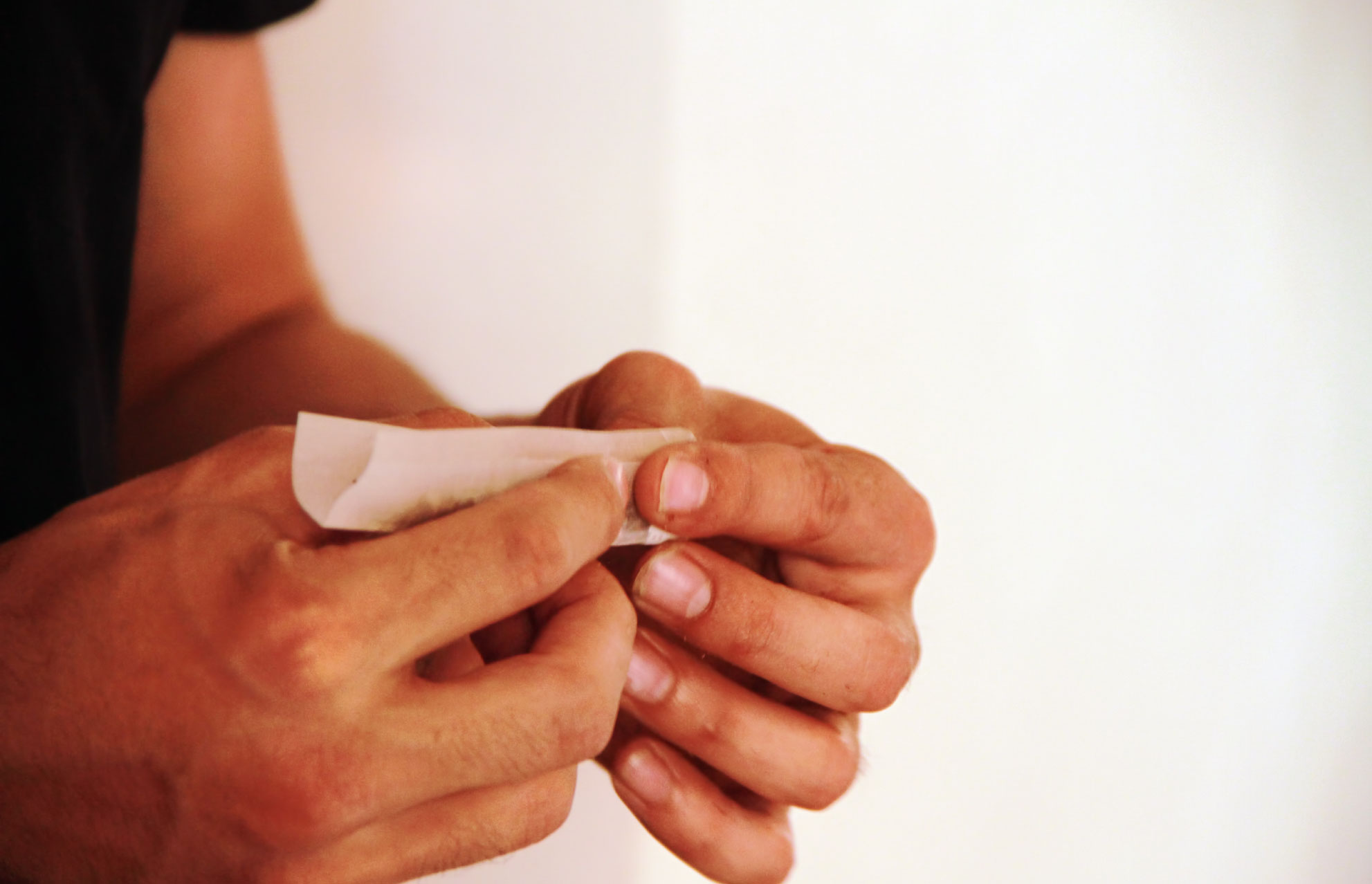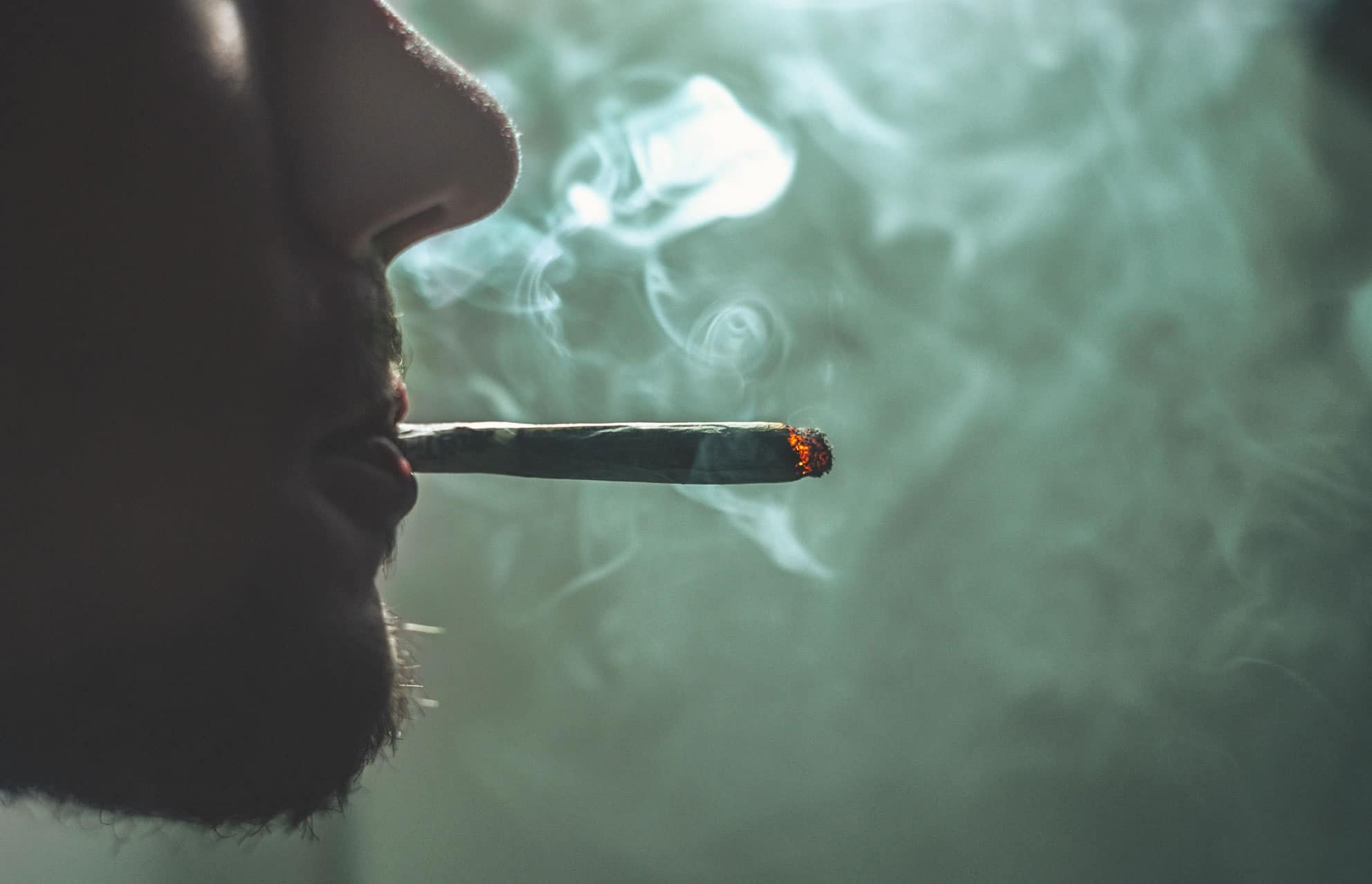Marijuana/THC
Not so harmless after all
Admissions
Our Admissions team is here to help 24 hours a day and is experienced in assisting others with compassion, dignity, and respect — hallmark values of The Meadows for more than 45 years. The Meadows’ Admissions Specialists are here to help you on your way to a healthier and more productive lifestyle. When you call, they will lead you through a series of questions to determine if The Meadows is a good fit, and how soon your treatment can begin. If you are interested in The Meadows for yourself or a loved one, call or fill out an admissions form today!
If you are interested in The Meadows for yourself or a loved one call or fill out an admissions form today!
Contact our Admissions office
 928-260-3568
928-260-3568
For international callers
 928-668-1999
928-668-1999
Or complete an admissions contact form:
Click below to start the admissions process today


